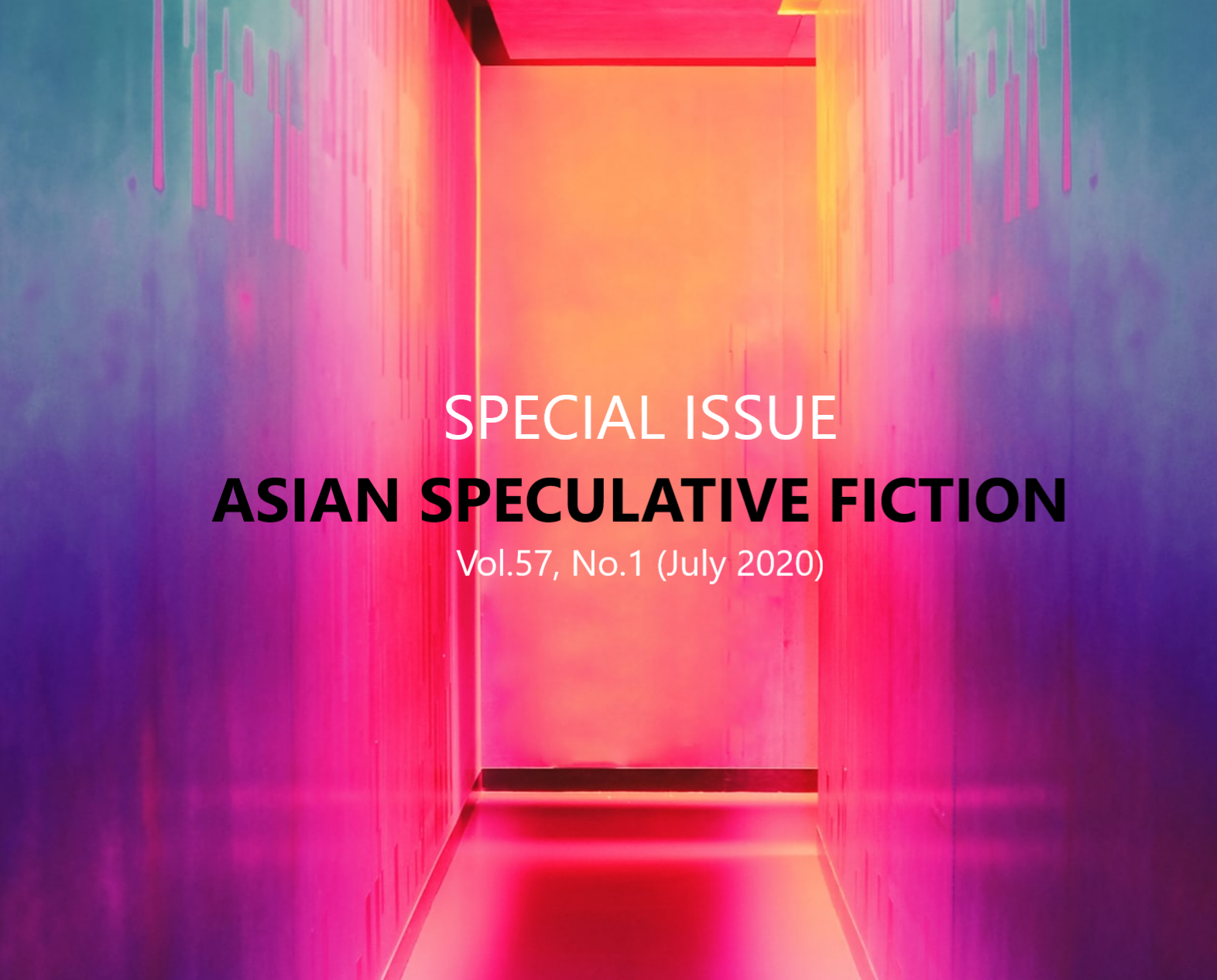Burmese Governance and the Buddhist Ironies of U Win Pe’s “Clean, Clear Water”
Main Article Content
Abstract
The Theravadan Buddhist dharma [teachings of the Buddha] and Burmese cultural identity are inseparable. Likewise, Burmese monarchs from the eleventh to the nineteenth centuries revered India’s Mauryan ruler Ashoka (c. 280-200 BCE) as the epitome of noble Buddhist kingship. In recent decades, military regimes have drawn upon inherited Theravadan tropes and topoi, while dissident pro-democracy voices have invoked the Theravadan dharma to expose the hypocrisies of authoritarian rule in subtly disguised ironical writings. This essay argues that the Buddhist ironies permeating U Win Pe’s short story “Clean, Clear Water” epitomize this latter phenomenon. A witty folktale on one level, the story reverberates ironically with the tropes and topoi of the Theravadan dharma. On the one hand, “Clean, Clear Water” prompts critical reflection upon the suffering associated with the attitudes and policies of Burma’s military rulers; on the other hand, the story’s ambiguous ending encourages some wishful thinking about the ostensibly consensual politics of Burma’s contemporary democratic reformers. The essay closes with some observations about U Win Pe’s continuing dissident work and concludes that his multifold use of irony in “Clean, Clear Water” constitutes an important marker in Burma’s ongoing struggle to restore the country’s tradition of right relations between political power and Theravadan Buddhist thought and practice.
Downloads
Article Details
Copyrights of all materials published in SARE are retained by the authors. Authors may republish their work or grant others permission to republish it. We would be grateful if republication is accompanied by an acknowledgment that the work was originally published in SARE.
